22 Feb What Does It Mean If My Dog Has a Discolored Tooth?
Have you noticed a gray, purple, pink, brown, or black tint to one of your dog’s teeth lately? Tooth discoloration in your dog’s mouth can happen for a number of reasons and should be checked out by a veterinary dentist right away. Our team at Animal Dental Care and Oral Surgery in Loveland has treated many cases of tooth discoloration in dogs and can help you find the best treatment plan for your fur baby. It’s important to explore all of the possibilities around why the discoloration has occurred and what it means for your dog’s oral and holistic health. Read on for more information on the two types of tooth discoloration, the various causes of discolored teeth, and what this could mean for your furry friend.
Extrinsic Discoloration: Brown and Yellow Teeth
There are two types of tooth discoloration—extrinsic and intrinsic. Extrinsic discoloration happens when stains accumulate on the surface of the teeth. The cause of the discoloration is from an external source, rather than from an infection or another underlying health issue. The various causes of extrinsic discoloration can include:
- Food stains
- Plaque and tartar stains
- Stains from bleeding of gums
- Stains from medications
- Stains from metal
Intrinsic Discoloration: Pink, Purple, Blue, Gray, or Black Teeth
The other type of tooth discoloration is Intrinsic. This type of discoloration occurs inside the tooth, and is caused by an internal health issue. Some of the causes of intrinsic discoloration include:
- Trauma or injury to the tooth
- Systemic infection
- Excess bilirubin in the blood
- Health conditions wherein enamel and/or dentin do not develop correctly
Signs of Extrinsic and Intrinsic Discoloration
- Any abnormal color on the crown of a tooth
- A fractured tooth
- Rough, pitted enamel surface
- Stained enamel
- Rings or lines of discoloration around teeth
Intrinsic staining of a tooth is an indication that the pulp tissue inside the tooth has died. Dead pulp tissue will most often lead to a painful inflammatory response deep in the bone surrounding the end of the root of a tooth. Sadly, most pets with dead teeth do not show outward signs of pain even though they are dealing with a significant amount of discomfort. Pets do a very good job of hiding pain in general, particularly dental pain.
Contact Us Today
If you notice a discolored tooth in your dog’s mouth, give Animal Dental Care and Oral Surgery in Loveland a call today. Our team of veterinary dentists are experts at assessing the state of your dog’s teeth and implementing appropriate interventions to keep your dog healthy and happy for a lifetime. Call us today at 970-614-4307 or reach us online.
Image by Agata Nyga from Pixabay (2/22/2020)

